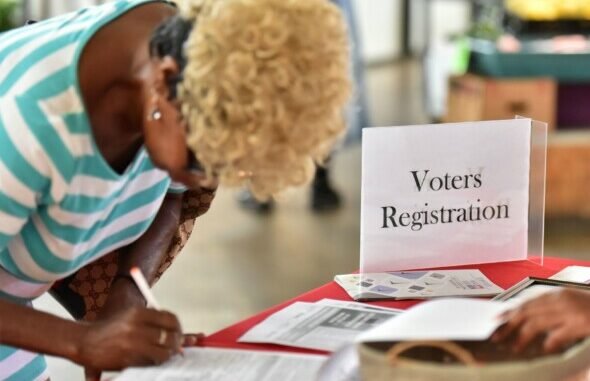
|
Getting your Trinity Audio player ready...
|
Voter rolls, often referred to as voter registries or electoral rolls, are the foundation of any democratic electoral process. These comprehensive lists of eligible voters play a vital role in upholding the principles of fairness, transparency, and representation in elections. In this article, we delve into the importance of accurate voter rolls in elections and how they contribute to maintaining the integrity of the democratic process.
Inclusive Democracy: A Cornerstone of Voter Rolls
Voter rolls in Elections serve as a means to ensure that every eligible citizen has the opportunity to participate in the democratic process. A comprehensive and up-to-date voter registry guarantees that no eligible voter is left behind, reinforcing the core value of inclusive democracy.
Facilitating the Right to Vote: Empowering Citizens
A properly maintained voter roll enables citizens to exercise their fundamental right to vote. It provides individuals with the means to participate in shaping their government and influencing the direction of their country.
Preventing Fraud and Manipulation: Ensuring Integrity
Accurate voter rolls act as a safeguard against electoral fraud and manipulation. By eliminating duplicates, deceased individuals, and ineligible voters, the risk of fraudulent activities is minimized, maintaining the integrity of the electoral process.
Fair Representation: Reflecting the Will of the People
Voter rolls play a critical role in achieving fair representation. They ensure that the outcomes of elections accurately reflect the will of the people by enabling every eligible voter’s voice to be heard.
Electoral Planning and Administration: Smooth Operations
Voter rolls in elections aid electoral management bodies in planning and executing elections. They assist in determining polling station locations, ballot distribution, and other logistical aspects, ensuring the smooth functioning of the electoral process.
Transparency and Accountability: Public Trust
Maintaining transparent and accurate voter rolls builds public trust in the electoral system. When citizens have confidence that the voter registration process is fair and unbiased, they are more likely to participate and accept the outcomes of elections.
Voter Education and Outreach: Engaging Citizens
Voter rolls in elections facilitate targeted voter education and outreach efforts. By identifying eligible voters and their demographics, authorities can tailor informational campaigns to encourage voter participation and engagement.
Technological Advancements: Modernizing Voter Rolls
Advancements in technology have transformed voter registration processes. Online registration platforms, digital record-keeping, and data analytics contribute to efficient and accurate voter rolls.
Challenges and Solutions: Ensuring Accuracy
Maintaining accurate voter rolls poses challenges such as outdated data, voter mobility, and administrative errors. To address these challenges, continuous updates, data verification processes, and collaboration between government agencies are essential.
Voter Participation: Empowering Citizens’ Voices
Ultimately, voter rolls are more than just lists—they are the embodiment of citizens’ democratic rights. Accurate and comprehensive voter registration empowers citizens to actively participate in shaping their nation’s future through the power of their votes.
Conclusion: The Heartbeat of Democracy
Voter rolls form the heartbeat of democracy, connecting citizens to their rights and responsibilities as active participants in their government. Therefore, by ensuring that voter registration is accurate, inclusive, and up-to-date. Also societies can uphold the principles of fairness, representation, and accountability that underpin the democratic process. As nations continue to evolve, the significance of voter rolls remains constant. Therefore, serving as a testament to the enduring power of citizens’ voices and choices.
You will find this useful:
